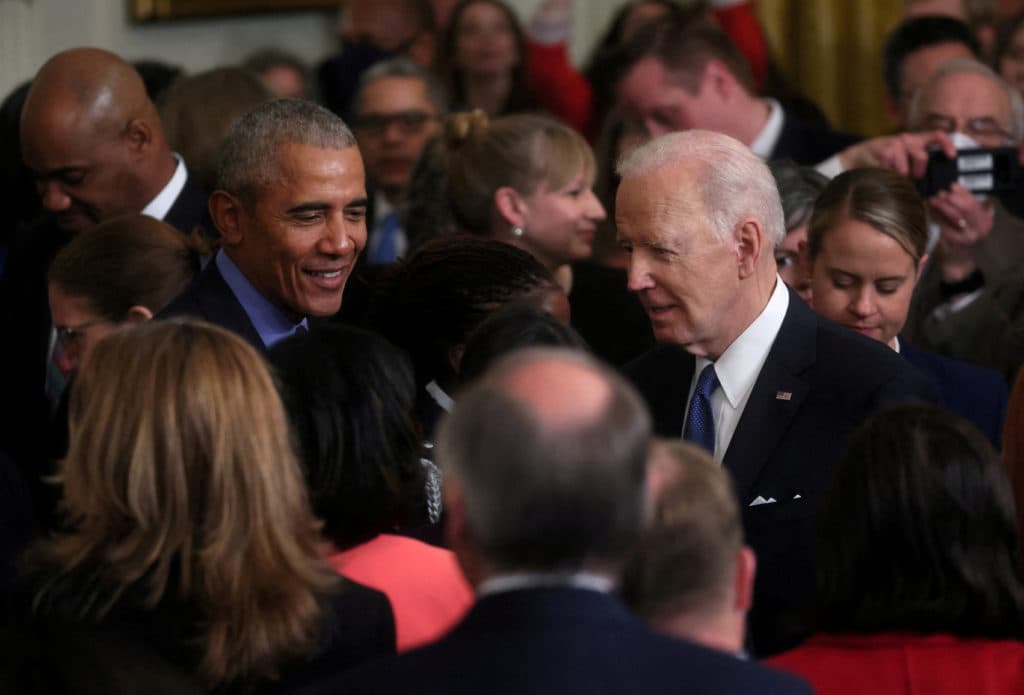Obama Maintains Overwhelming Democratic Approval, Social Media Amplifies Dissenting Voices

Former President Barack Obama continues to command near-universal approval among Democrats, with recent polling indicating support from 96% of the party's base. This high level of sustained approval is highlighted in a recent social media post by Armand Domalewski, who observed, "> This is your recurring reminder that 96% of Democrats approve of Barack Obama, and yet the 4% that don’t are really really really loud about it." The tweet underscores a broader phenomenon in contemporary political discourse where a small, vocal minority can disproportionately influence public perception.
Retrospective analyses and exit polls from the end of Obama's presidency consistently showed his approval among Democrats in the high nineties. For instance, a January 2017 BBC report, citing Washington Post/ABC and CNN/ORC polls, noted Obama's near-universal support (95%) among Democrats as he left office. Gallup polls from February 2025 further corroborate this enduring high favorability, with 96% of Democrats holding a positive view of the former president.
The perceived "loudness" of the dissenting 4% of Democrats, as pointed out by Domalewski, reflects the amplified nature of political discourse on social media platforms. Research indicates that social media can create echo chambers and empower vocal minorities, allowing their opinions to gain significant traction despite representing a small segment of the overall population. This dynamic can distort public perception, making fringe views appear more widespread than they are.
Experts suggest that social media algorithms often prioritize engagement, leading to the amplification of emotionally charged or contrarian content. This can inadvertently give a platform to dissenting voices, regardless of their numerical representation, thereby shaping narratives and influencing broader political conversations. The challenge for the public lies in discerning the actual breadth of support for a given issue versus the volume of online discussion.